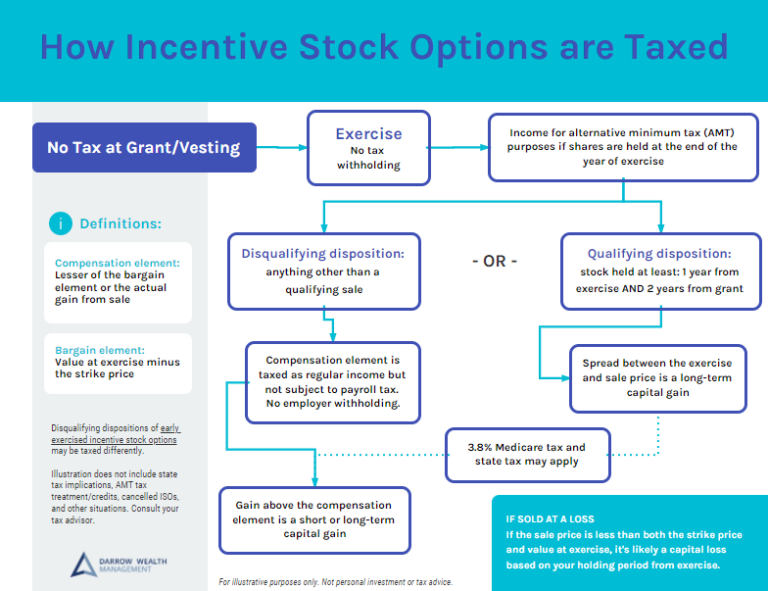If you’re lucky enough to be comparing job offers, it’s easy to just focus on the salary. After all, for most people this is the largest and most important part of their compensation. However, to truly evaluate a job offer and whether it is the right fit, you need to look at the whole picture. This will not only help you compare the complete benefits package, but also find the role that most closely matches your professional and personal goals. Here’s how to evaluate a job offer.
Monetizing the benefit package
Benefits make up a significant part of your compensation. It’s quite possible that a position with a somewhat lower salary could wind up adding more value financially than a position with limited benefits but a higher salary. In addition to looking at any bonus potential, the best way to compare is to try to monetize the benefits in each package.
For example, quantify each company’s 401(k) match. If a firm is willing to match 100% of your contributions up to 6% of your salary, that benefit is easily calculated and comparable. Also consider health insurance. With the rising costs of healthcare, access to company-paid health insurance is becoming increasingly important. Ask the recruiter about the types of plans available, and the portion that will be employer-paid. With a little research, you can get an idea of how much this benefit is worth. Lastly, consider the value of any other financial benefits, such as life or disability insurance and stock options.
Being realistic about benefits
As you take into account the value of the benefits, you also need to be realistic about which benefits you will actually use. For example, if you’re definitely not interested in getting another degree or entering a certification program, you may want to discount the value of a continuing education benefit in your analysis. Some firms also offer very robust benefits for families, such as paid maternity leave, paternity leave, child care, and even adoption assistance. Depending on your situation, these benefits may not apply.
Another common issue is that many retirement plans use a vesting schedule, which is the length of time you need to remain at a company before you fully “earn” their contributions to your retirement plan. Although vesting schedules vary by each employer, if you leave before you’re fully vested, you’ll forfeit some or possibly all of the employer contributions. This is especially important if you’re enticed by an opportunity with a firm that still offers a pension.
If you’re just starting out in the workforce, it is much less likely you’ll remain with the employer for the time required to be eligible for any meaningful benefit. On the other hand, this kind of benefit could be a determining factor for an experienced professional looking to settle down and find a permanent professional home.
Work/life balance
Beyond financial compensation, you also should compare how well companies match your career and personal goals. The job that offers the highest pay today might not be the best for your long-term goals. It is important not to discount a company that can offer a better path for career advancement or for one that will help you develop marketable skills.
Equally important is not minimizing the role of work in your life. Working hours, commuting or remote flexibility and vacation time are all critical factors. Travel can also heavily weigh on an individual. While some people don’t mind, and even enjoy, traveling four nights a week, others may not realize how the commitment may impact their daily life and personal relationships.
Consider whether there is a personality fit
A final consideration is whether the new role seems like a good fit for you, on an interpersonal level. A job might look perfect on paper but if you don’t think you could have a good working relationship with your supervisor or would fit well with the group dynamics, really consider whether you should move forward. As you move through the interview process, try to gauge whether you would want to be part of a team with your potential coworkers. Ask questions about the group dynamics and try to meet as much of the team as possible.
Whether you’re entering the workforce or changing employers, it can be both an exciting and stressful time. Finding a job takes time and finding the right job for you takes even longer. Being patient and objective will help you make the right decision. And remember, even if you aren’t thrilled with the whole compensation package offered – you can always negotiate.










